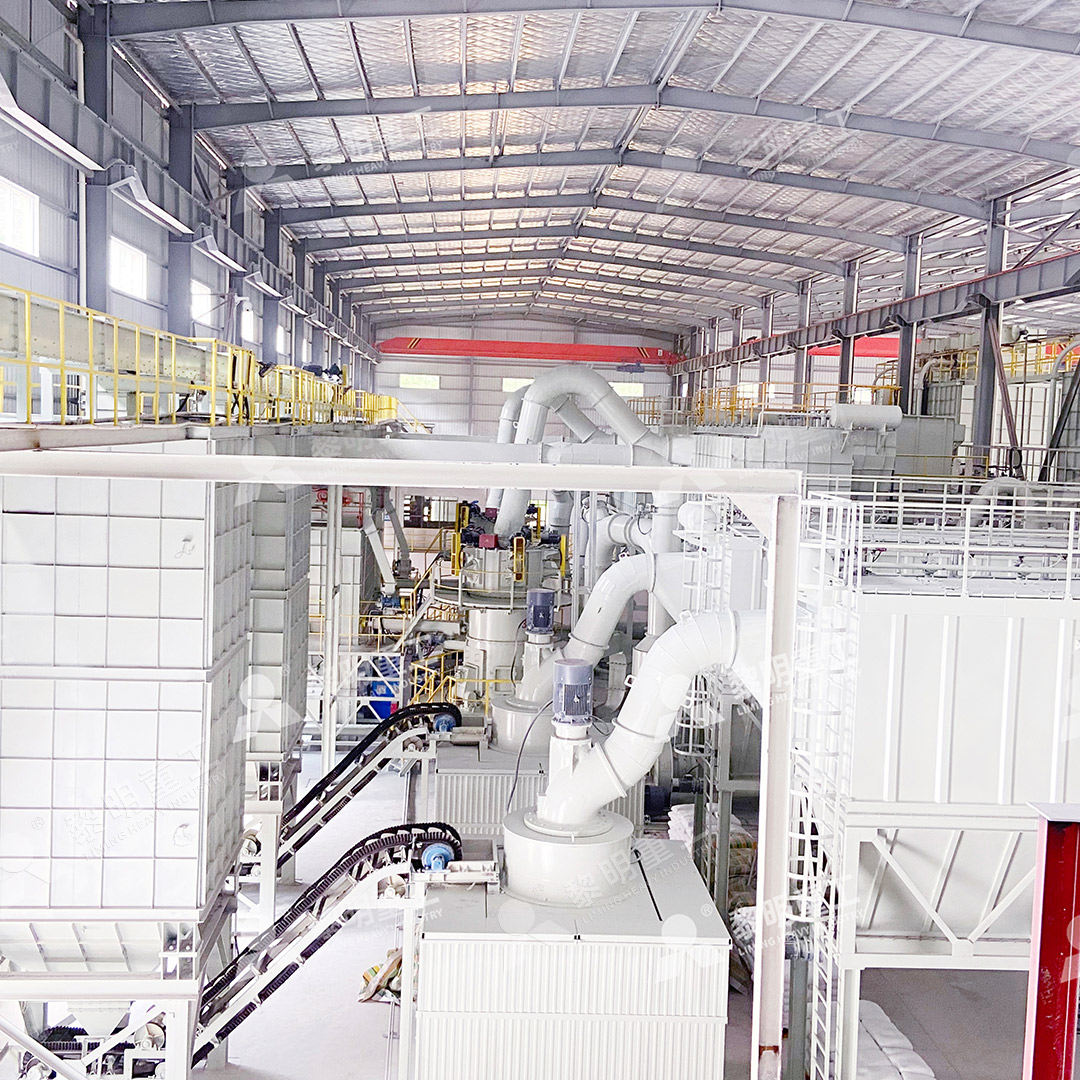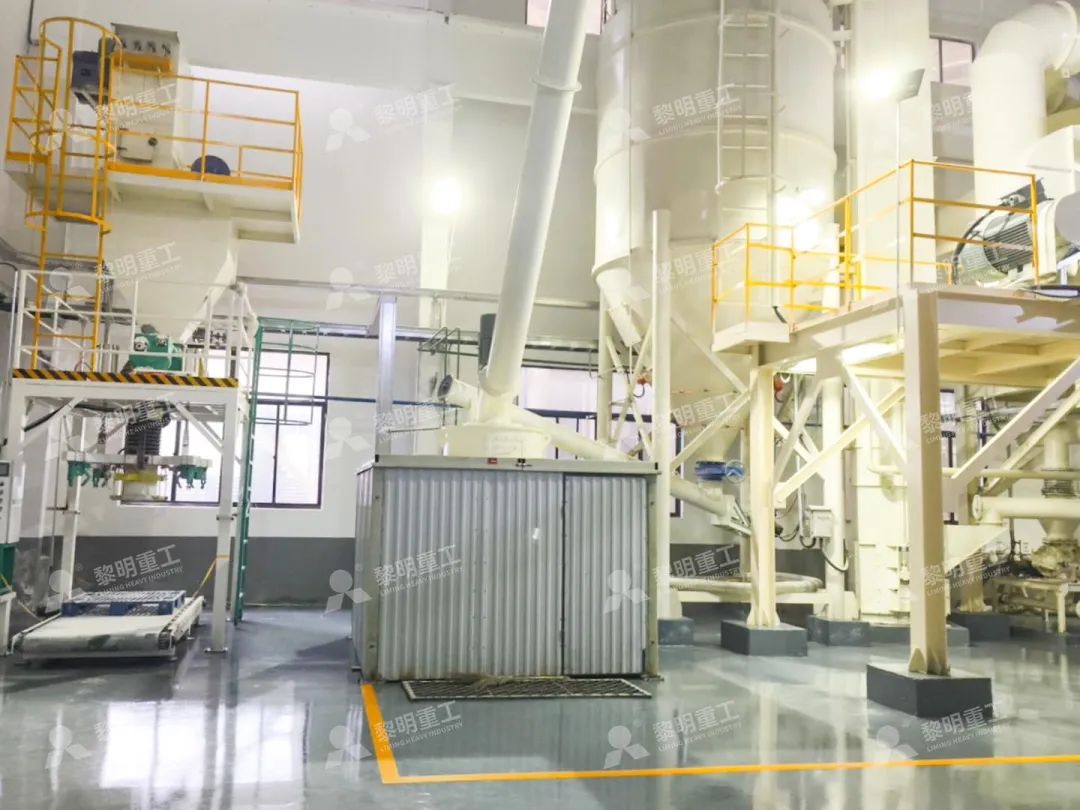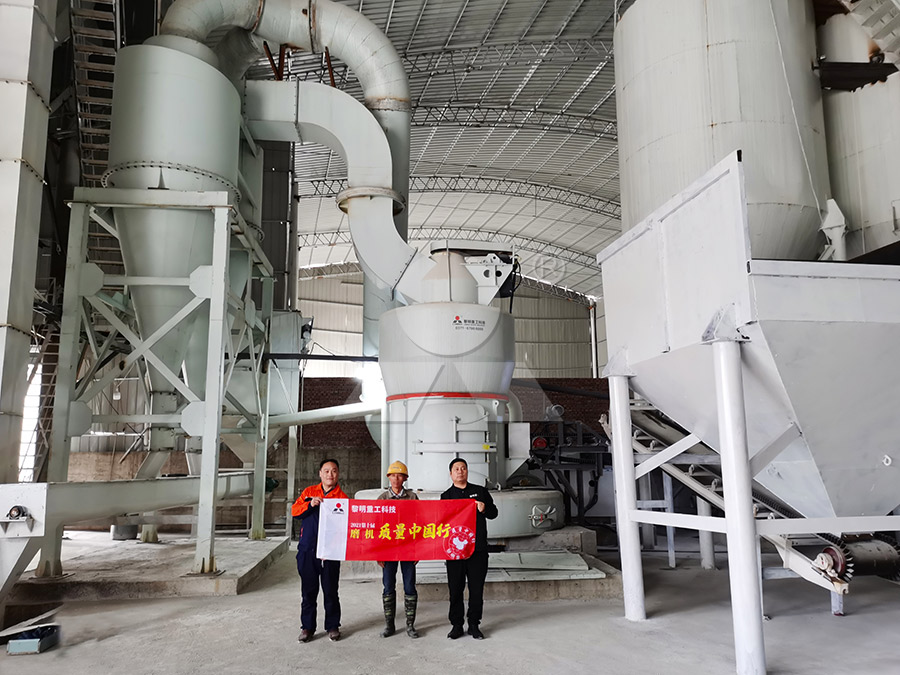Efficient Sodium Feldspar Grinding Mill for Fine Powder Production
We provide a wide range of mills — including Raymond mill, trapezoidal mill, vertical mill, ultrafine mill, and ball mill, obtained ISO9001 international quality certification, EU CE certification, and Customs Union CU-TR certification. Suitable for processing minerals such as limestone, phosphate, quicklime, kaolin, talc, barite, bentonite, calcium carbonate, dolomite, coal, gypsum, clay, carbon black, slag, cement raw materials, cement clinker, and more.
The discharge range of these mills can be adjusted to meet specific processing needs, typically from 80-400 mesh, 600-3250 mesh, and can achieve the finest particle size of up to 6000 mesh(D50).
If you are looking for a reliable grinding solution to turn stone or minerals into fine powder, please feel free to contact our online customer service.
Efficient Sodium Feldspar Grinding Mill for Fine Powder Production
The quest for high-quality fine powder from sodium feldspar has driven significant technological advancements in grinding mill design. As a key raw material in ceramics, glass, and filler applications, sodium feldspar demands precise particle size distribution and consistent quality that only specialized grinding equipment can deliver.

The Challenge of Sodium Feldspar Processing
Sodium feldspar presents unique processing challenges due to its moderate hardness (6-6.5 on Mohs scale) and the requirement for iron contamination control. Traditional grinding methods often introduce metallic impurities and struggle to achieve the fine particle sizes needed for premium applications. The ideal grinding solution must balance production efficiency with product purity while maintaining economic viability.
Advanced Grinding Technology Solutions
Modern grinding mills have evolved to address these specific challenges through innovative engineering. Among the standout performers in this category is our MW Ultrafine Grinding Mill, which has demonstrated exceptional capabilities in sodium feldspar processing. This machine represents a significant leap forward in grinding technology, offering fineness adjustment between 325-2500 meshes with screening rates achieving d97≤5μm in a single pass.
The MW series incorporates several groundbreaking features specifically beneficial for sodium feldspar processing. Its innovative design eliminates rolling bearings and screws in the grinding chamber, preventing metallic contamination – a critical consideration for maintaining the material’s whiteness and chemical purity. The absence of these components also reduces maintenance concerns and potential points of failure.

Operational Excellence and Environmental Compliance
Beyond product quality, operational efficiency and environmental compliance are paramount concerns for modern processing facilities. The MW Ultrafine Grinding Mill addresses these through its integrated pulse dust collector and muffler system, effectively containing particulate matter and reducing noise emissions. This comprehensive approach ensures that production meets stringent environmental standards without compromising output quality.
When processing capacity requirements demand a different approach, our LUM Ultrafine Vertical Grinding Mill presents an excellent alternative. With its input size capability of 0-10 mm and capacity range of 5-18 tph, this mill excels in applications requiring precise control over particle distribution. The LUM’s unique roller shell and lining plate grinding curve design promotes efficient material layer formation, enhancing both yield rate and product quality.
Technical Superiority in Practice
The practical advantages of these advanced grinding systems become evident in production environments. The MW Ultrafine Grinding Mill’s cage-type powder selector, incorporating German technology, provides unparalleled precision in particle separation. This technology, combined with the mill’s ability to operate continuously for 24 hours through external lubrication, delivers consistent performance that directly impacts bottom-line results.

Energy efficiency represents another critical advantage. Compared to conventional jet grinding mills, the MW system reduces energy consumption by approximately 30%, while simultaneously increasing production capacity by 40% under identical fineness and power conditions. This combination of higher output and lower operational costs creates a compelling economic proposition for sodium feldspar processors.
Applications Beyond Traditional Boundaries
The fine powder produced by these advanced grinding systems opens new application possibilities for sodium feldspar. Beyond traditional ceramic and glass manufacturing, the consistently fine and pure powder finds use in advanced composites, specialty coatings, and high-performance fillers. The ability to precisely control particle size distribution enables manufacturers to tailor material properties for specific end-use requirements.
Frequently Asked Questions
What makes the MW Ultrafine Grinding Mill particularly suitable for sodium feldspar?
The MW Mill’s absence of rolling bearings and screws in the grinding chamber prevents metallic contamination, crucial for maintaining sodium feldspar’s purity. Its adjustable fineness between 325-2500 meshes and efficient powder separation technology ensure optimal product quality.
How does the LUM Ultrafine Vertical Grinding Mill differ from the MW series?
The LUM Mill features a vertical design with unique roller technology and advanced powder separating capabilities. It excels in applications requiring precise particle distribution control and offers particularly efficient operation for materials within its 0-10 mm input size range.
What environmental considerations are addressed by these grinding systems?
Both mills incorporate comprehensive dust collection systems and noise reduction technology. The MW series specifically includes efficient pulse dust collectors and mufflers, ensuring operations meet national environmental protection standards.
What maintenance advantages do these mills offer?
The MW Mill’s external lubrication system allows continuous 24-hour operation without shutdowns for maintenance. Both systems feature robust construction and accessible maintenance points, supported by comprehensive spare parts availability.
Can these mills handle variations in raw material quality?
Yes, both the MW and LUM mills are designed to accommodate normal variations in feed material. Their advanced control systems and adjustable parameters allow operators to maintain consistent output quality despite input variations.
